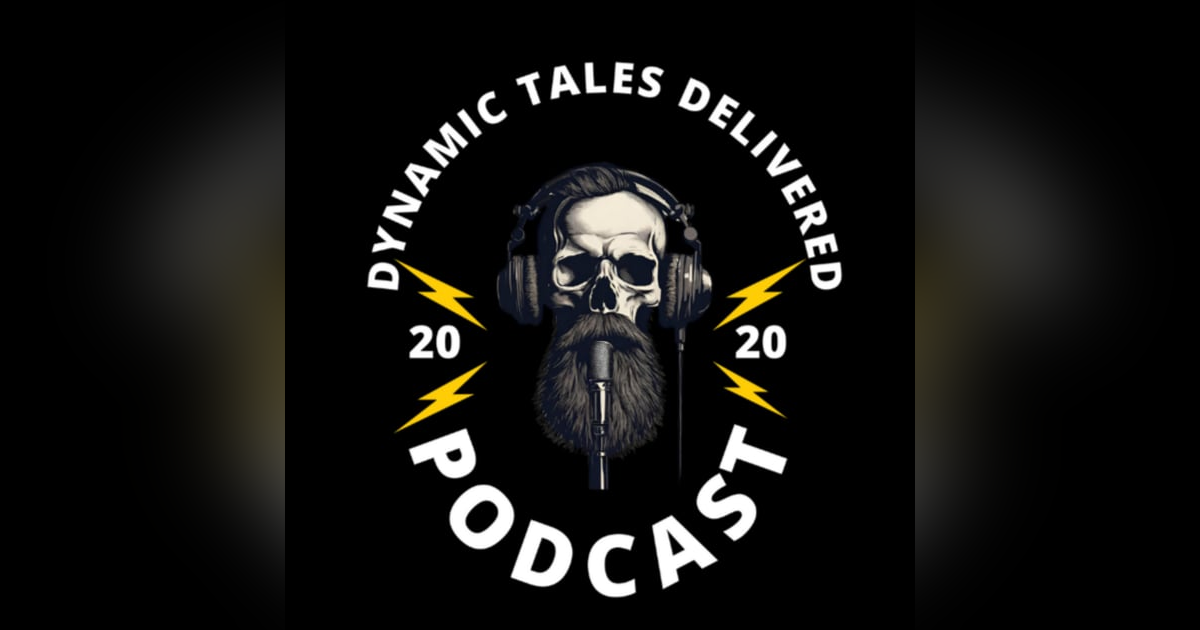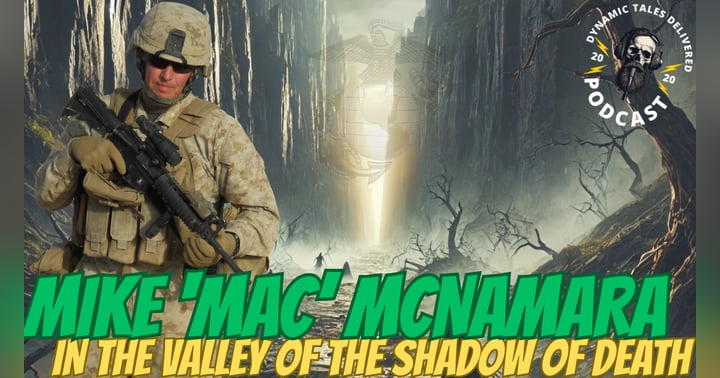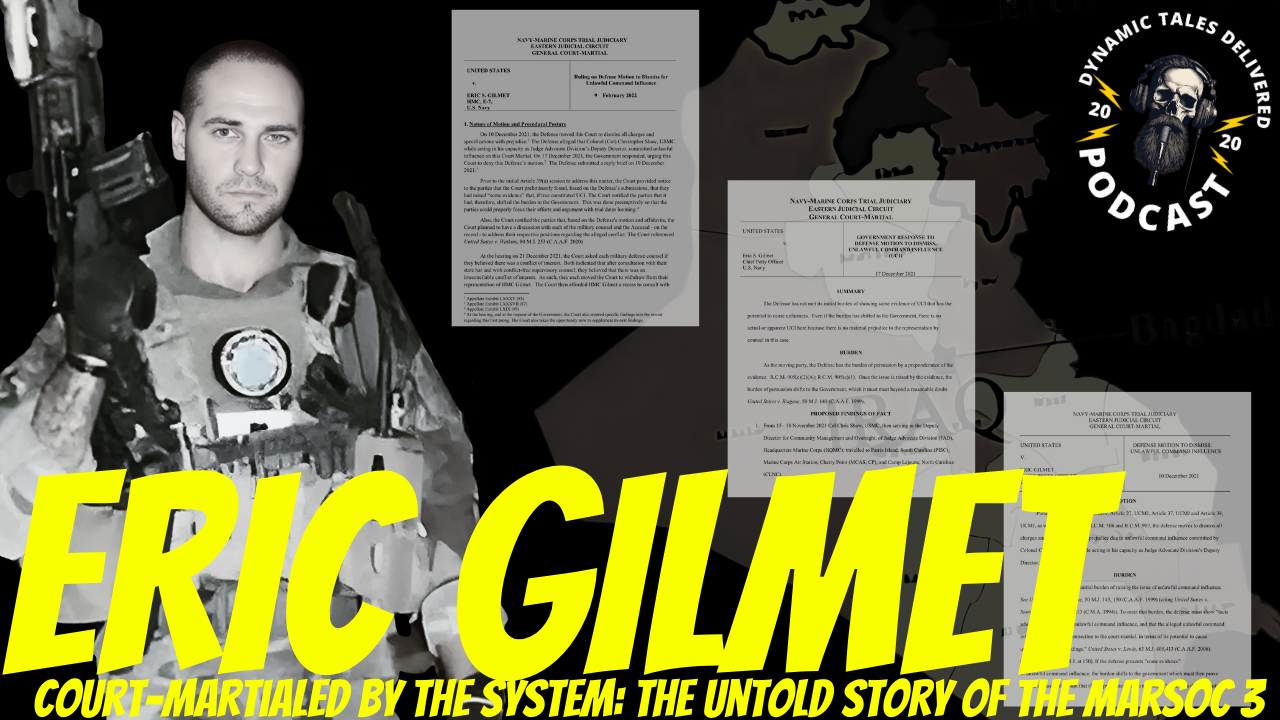Beyond the Label: Eric Gilmet on Duty, Fallout, and Finding Peace
When former Navy corpsman and special operations medic Eric Gilmet walks into the studio, he carries more than a headline. Too often, he’s introduced as “one of the MARSOC 3.” He prefers “Eric”—a husband, father, sailor, and teammate whose 20-year career can’t be reduced to one night in Erbil. In this conversation, Gilmet traces the long road from small-town Michigan to Marine infantry lines, into special operations, and through a legal gauntlet that would etch his name into military case law.
Gilmet’s early draw to medicine came from family influence and a desire to prove himself. The Marine Corps’ disciplined culture fit. He deployed multiple times with line companies, learned to manage fear with training, and embraced a medic’s paradox: the fastest way to save lives is to help win the gunfight. That responsibility sharpened over years—so did the pressure not to fail the men beside him.
Everything changed on January 1, 2019. After a bar altercation in Erbil, a contractor, Rick Rodriguez, was knocked unconscious. Gilmet placed him in recovery position, monitored him for hours in his room, and later rushed him to a base hospital when his condition crashed. Rodriguez died four days later. The three Raiders—Gunnery Sgts. Josh Negron, Danny Draher, and Gilmet—self-reported the incident. What followed: confinement to quarters, a yearlong investigation, and ultimately a slate of charges.
Gilmet says the decision not to immediately transport to the hospital was clinical judgment: vitals stable, neuro checks reactive, observe and be ready. He has relived that choice countless times. “I’ve armchair-quarterbacked myself,” he admits, but expert testimony later affirmed his care. Even so, the last patient he ever treated would shadow the rest of his service.
The case’s inflection point came when a senior JAG colonel addressed a room of junior lawyers and, in essence, threatened defense counsel careers—a textbook example of unlawful command influence (UCI). Gilmet’s judge dismissed the charges; the government appealed; the military’s highest court affirmed the dismissal. His name—Gilmet v. United States—now anchors UCI precedent.
Was the victory hollow? For some, opinions won’t change. For Gilmet, it’s enough. He retired honorably, spends his days with family on a Michigan lake, and studies public leadership to push for accountability reforms. The institution tends to protect itself; he wants policy that protects people.
If there’s a single takeaway, it’s identity. “MARSOC 3” is a chapter, not a person. Gilmet has closed the lid on that chest—literally for friends, metaphorically for himself—and opened a wider life: grilling with his wife, playing catch with his son, and helping others navigate dark seasons. He calls the ordeal a blessing. It didn’t define him. It refined him.











